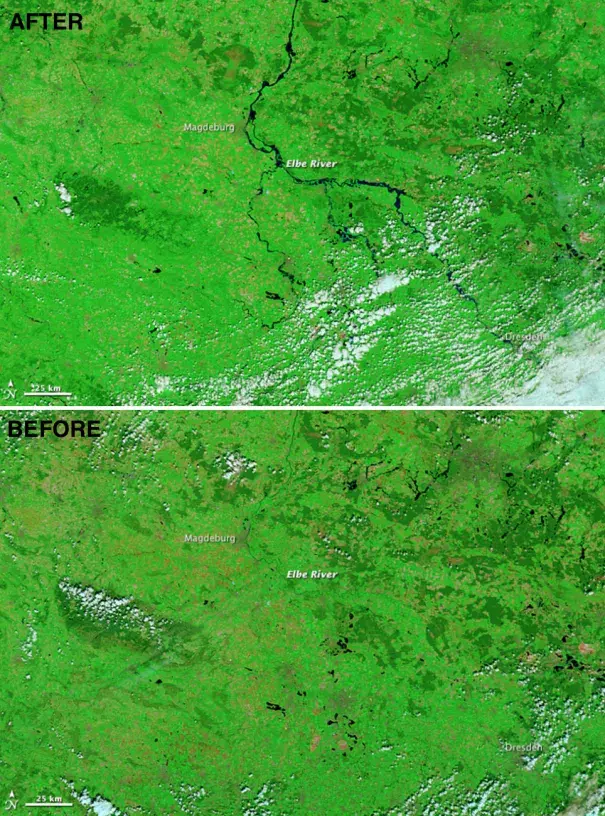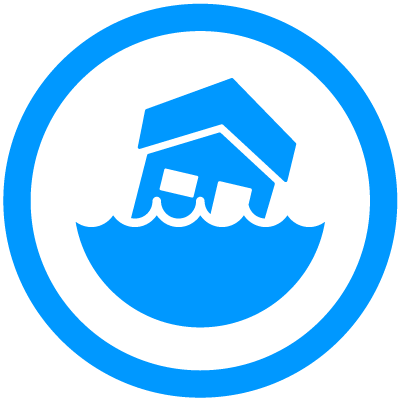[TEMPLATE] - Climate Signal
Lorem ipsum dolor sit amet, consectetuer adipiscing elit. Aenean commodo ligula eget dolor. Aenean massa. Cum sociis natoque penatibus et magnis dis parturient montes, nascetur ridiculus mus. Donec quam felis, ultricies nec, pellentesque eu, pretium quis, sem. Nulla consequat massa quis enim. Donec pede justo, fringilla vel, aliquet nec.
Read More
Resources Tabs Container Heading
Lorem ipsum dolor sit amet, consectetuer adipiscing elit. Aenean commodo ligula eget dolor. Aenean massa. Cum sociis natoque penatibus et magnis dis parturient montes, nascetur ridiculus mus. Donec quam felis, ultricies nec, pellentesque eu, pretium quis, sem. Nulla consequat massa quis enim. Donec pede justo, fringilla vel, aliquet nec,.
Hurricanes and Climate Change: Huge Dangers, Huge Unknowns
by Dr. Jeff Masters
Weather Underground's Dr. Jeff Masters looks at the science behind the link between climate change and hurricanes:
Since hurricanes are heat engines that extract heat energy from the oceans to power themselves, hurricane scientists are confident that the very strongest storms will get stronger by the end of the century, when Earth's land and ocean temperatures are expected to warm 2 - 3°C, to levels unmatched since the Eemian Era, 115,000 years ago. Computer modeling work consistently indicates that greenhouse warming will cause the globally averaged intensity of tropical cyclones to shift towards stronger storms, with intensity increases of 2–11% by 2100. But hurricanes are fussy creations, and are sensitive to wind shear and dry air. Although the strongest storms should get stronger when "perfect storm" conditions are present, these "perfect storm" conditions may become less frequent in the future, due to the presence of higher wind shear, altered atmospheric circulation patterns, or more dry air at mid levels of the atmosphere. Indeed, the climate models used to formulate the 2007 IPCC report suggested that we might see the strongest hurricanes getting stronger, but a decrease in the total number of hurricanes in the Atlantic (and worldwide) later this century. However, the latest set of models used to formulate the 2013 IPCC report left open the possibility that we might see in increase in the total number of hurricanes, and and increase in their intensity. Given the conflicting model results, we really don't know how global warming will affect the number of hurricanes and their intensity, but we run the risk of making one of humanity's greatest scourges worse.
Flooding in Eastern Germany : Image of the Day
by NASA Earth Observatory

The Moderate Resolution Imaging Spectroradiometer (MODIS) on NASA’s Terra satellite observed flooding in central and eastern Germany on June 6, 2013 (top). For comparison, the lower image shows the same area on May 5, 2013. These false-color images use a combination of visible and infrared light to make it easier to distinguish between water and land. River water appears navy blue to black and vegetation is bright green. Clouds are pale blue-green and cast shadows.










